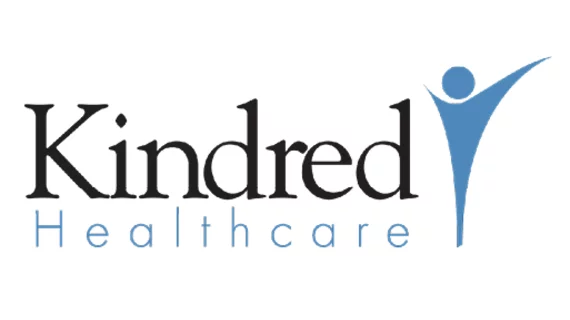Humana completes acquisitions of Kindred, Curo
Health insurance giant Humana—in a deal with private equity groups—closed its acquisitions of home health company Kindred Healthcare and hospice provider Curo Health Services.
The two deals represent an ongoing shift across the healthcare landscape as payers and providers continue to consolidate services and align care.
The deal to acquire Louisville, Kentucky-based Kindred, worth approximately $4 billion, was announced in late 2017. It split up Kindred’s hospital and home health businesses. Under terms of the deal, Humana owns a 40 percent stake in the company’s home health business, Kindred at Home, which has revenues of approximately $2.6 billion. The private equity companies own the remaining 60 percent, though Humana, which is also based in Louisville, will have an option to buy the remaining ownership over time.
Kindred’s long-term acute care hospitals, inpatient rehabilitation facilities and contract rehabilitation services business is owned and operated as a separate specialty hospital company by TPG Capital and Welsh, Carson, Anderson & Stowe.
As a result of the deal, completed July 2, Kindred’s stock has ceased trading on the New York Stock Exchange.
Humana also completed its purchase of Curo, a hospice provider with 245 locations in 22 states, in a $1.4 billion deal with its same consortium of private equity partners. Humana purchased Curo from Thomas H. Lee Partners. Humana also owns a 40 percent interest in Curo, which the insurer said will be combined with the hospice business of Kindred.
The combination will effectively make Humana the nation’s largest hospice provider.

